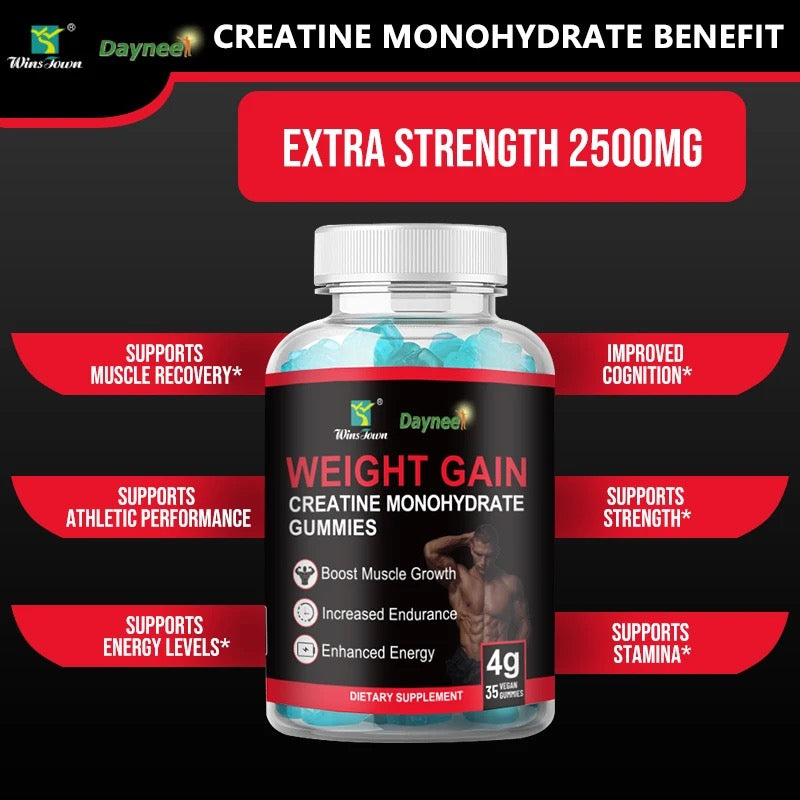Not known Facts About Creatine Monohydrate
Not known Facts About Creatine Monohydrate
Blog Article
The Main Principles Of Creatine Monohydrate
Table of ContentsThe Facts About Creatine Monohydrate RevealedGet This Report on Creatine MonohydrateWhat Does Creatine Monohydrate Do?
The writers acknowledge a threat of prejudice with the study designs due to a need for even more clearness over randomization with almost all researches consisted of. Only three of the nineteen research studies completely described the assessment of VO2 max.
This varies from athlete to professional athlete. If weight gain through fluid retention is an issue, stop taking creatine 1-2 weeks before racing to offset fluid retention while retaining increased creatine stores. Some people experience intestinal pain when taking creatine, such as bloating, cramping, or diarrhea. It is essential to keep in mind that not every person experiences stomach distress while taking creatine, and it can commonly be taken care of by changing the dosage or taking it with dishes, as described by the International Society of Sports Nourishment.
It's advised to use it in powder type. Issues about the long-lasting impacts of creatine monohydrate supplementation on renal (kidney) function have been elevated. Nevertheless, studies done by the International Culture of Sports Nourishment and Sports Medication show that short-term and lasting use creatine monohydrate within advised dosages doesn't risk renal feature in healthy and balanced individuals.
The Best Strategy To Use For Creatine Monohydrate
None of the researches checked out triathletes. The adverse impacts reported in the research studies associated to weight gain. As discussed, many of the studies made use of a higher-dose loading protocol (20g+/ day) in a short period description that can be offset and stayed clear of with a lower dosage (such as 5g/day) for an extended duration.

Let's consider the major benefits of creatine monohydrate. There is solid, reliable research showing that creatine improves health. Impossible evidence read the full info here supports enhancing lean muscular tissue mass, enhancing toughness and power, adding reps, reducing time to exhaustion, enhancing hydration status, and profiting mind wellness and function. Every one of these benefits will incrementally reward your health and wellness and enhance your "healthspan" as you age.
The majority find more information of creatine is kept in the skeletal muscle mass in a type understood
as phosphocreatine, or creatine phosphate. Creatine help in the manufacturing of adenosine triphosphate, or ATP. Even if they never raised a weights, they 'd still profit from creatine supplementation.
Report this page